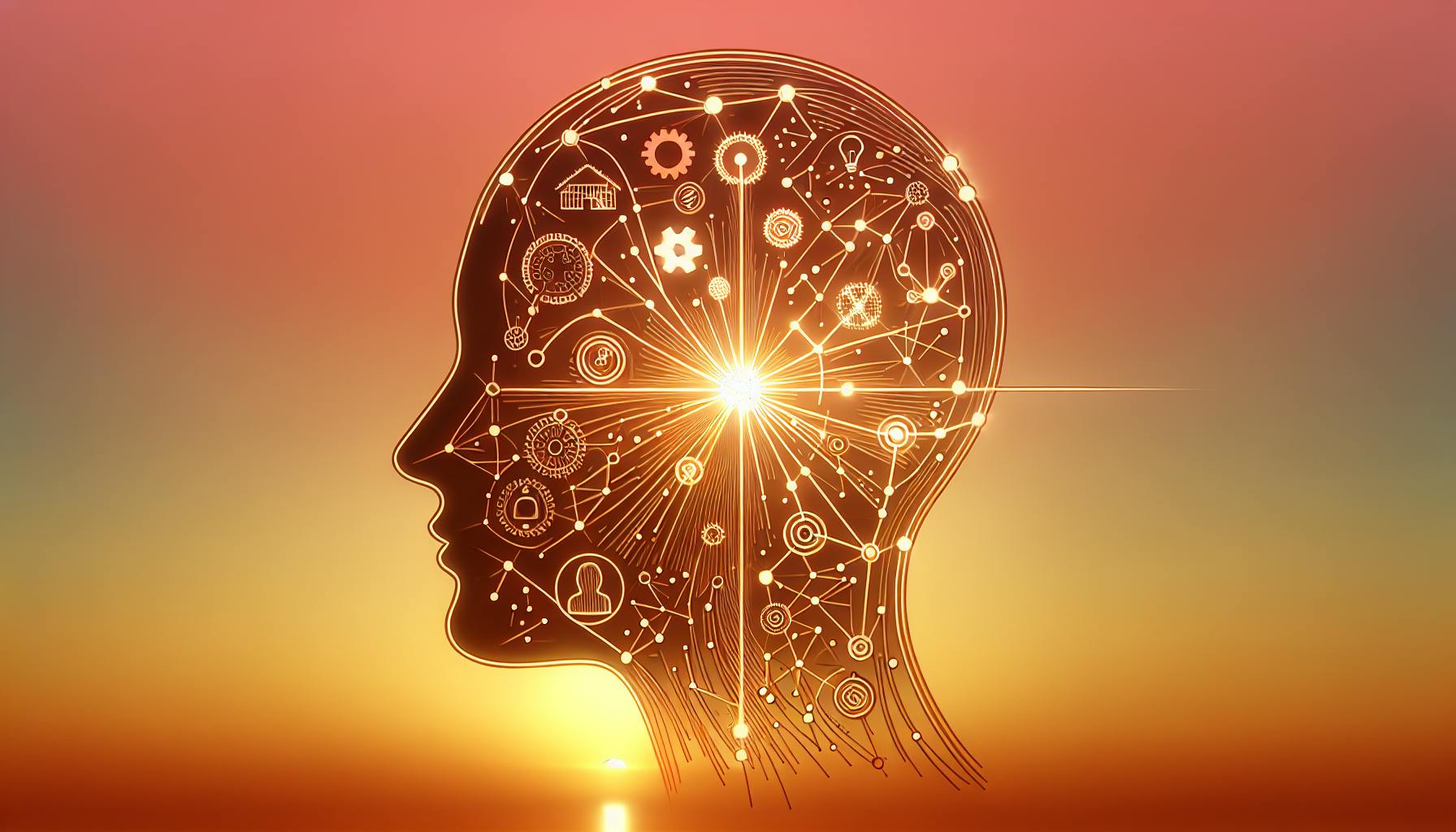The Growing Need for Specialized AI Assistants
ChatGPT burst onto the scene in late 2022, dazzling people with its conversational prowess straight out of the box. Without any additional training, it can hold natural language discussions on a wide range of topics, answer questions, summarize texts, write code, translate languages, and more.
However, its knowledge base stops in 2021, leaving gaps around recent events. Its coding abilities only stretch so far without further specialization. And niche topics outside its generalist training data leave ChatGPT stumped and issuing apologies.
This is where ai python projects come in - by creating custom AI models focused on particular use cases and integrating them into ChatGPT, you can vastly expand and refine its capabilities. Whether you need an assistant for medical diagnosis, financial analysis, computer vision, enterprise search, or any specialized domain, ai python projects unlock new possibilities.
In this post, we'll explore real-world examples of ai python projects from the All GPTs Directory catalog that can boost your ChatGPT experience. You'll learn how containerized niche models address limitations through targeted knowledge enhancement conversational flows.
Addressing ChatGPT's Generalist Knowledge Gaps
Let's first examine some specific gaps in ChatGPT's skills that specialized assistants can fill:
Recent Scientific Breakthroughs: ChatGPT draws a blank on latest events like CRISPR gene editing advances in 2022, the James Webb telescope discoveries, or AI progress after 2021. Custom models in medicine, astronomy, tech can fill these holes.
Coding Abilities: Ask ChatGPT complex programming questions without additional tuning, and it struggles. Assistants focused on Python, JavaScript, Solidity, Rust, and other languages can analyze code, explain concepts, suggest fixes, and more.
Financial Analysis: ChatGPT has no real-world financial modeling abilities. But custom models trained on market data can forecast stocks, assess portfolio risk, evaluate crypto investments, and provide personalized investment advice.
Industry-Specific Knowledge: Niche topics like semiconductor supply chains, GameFi crypto projects, renewable energy policy, manufacturing optimizations, and more leave ChatGPT stumped. This is where focused assistants come in.
Integrating Specialized AI Models into ChatGPT
The key is creating microservice assistants focused on particular skills, then letting ChatGPT handle the rest of the conversations. Containerization via Docker and exposing inference APIs allows smooth integration.
For example, a medical diagnosis model trained on radiology data can classify scans for abnormalities when queried. A custom tokenizer can translate industry jargon into plain explanations. And a design model can generate creative illustrations on demand.
By hooking up niche-focused AI endpoints as microservices, you essentially create on-demand expert assistants tailored to your needs. ChatGPT manages the natural language interface while delegating specialty requests to relevant models behind the scenes.
The result? Massively expanded knowledge and problem-solving abilities compared to ChatGPT alone. Plus fully customizable AI partners augmenting workflows, analysis, search, content generation and any business use case imaginable.
Real-World AI Assistants Enhancing ChatGPT
To make this more concrete, let's see some real-world examples of readymade ai python projects that can boost ChatGPT's skills for specialized needs:
Medical Diagnosis: The Med-GPT model provides intelligent triaging and diagnosis from patient symptoms, medical history, and test results. Using advanced differential diagnosis logic, it can classify conditions, analyze risks, suggest additional tests, and recommend next steps. Integrating Med-GPT delivers expertise rivaling seasoned physicians.
Financial Analysis: For portfolio management and investment advice, Fin-GPT leverages latest market data, earnings reports, crypto prices, and macroeconomic indicators to forecast asset performance, evaluate risks, and recommend data-driven actions to optimize returns.
Coding Assistant: To supercharge ChatGPT's existing programming abilities, the Codex-GPT model analyzes source code, explains concepts, provides debug suggestions, recommends optimizations, fills gaps, and generates boilerplate code or entire functions on demand. Ideal for developers.
Image Captioning: The Pix-Cap-GPT adds intelligent image captioning to conversations by generating detailed descriptions and tags for photos, drawings, figures, and other visuals. Great for assisted document analysis.
And these are just a tiny sampling - with hundreds of pre-trained models across industries like law, retail, real estate, robotics, and 20+ domains, you're bound to find the perfect AI assistants to fill ChatGPT skill gaps!
Getting Started with AI Python Projects
Looking to boost ChatGPT using niche-focused ai python projects but not sure how to begin? Here are some tips:
1. Identify Gaps: Make a list of topics, queries, and use cases where ChatGPT's knowledge falls short right now. These gaps show areas needing assistance.
2. Browse Assistants: Filter All GPTs Directory models by specialization to find fits. Prioritize open-sourced code on GitHub for customization.
3. Shortlist Candidates: Choose 5-10 aligned models with available demos and documentation for easier experimentation. Start small before advancing complexity.
4. Integrate & Iterate: Containerize models via Docker and expose as FastAPI endpoints. Direct ChatGPT to query them for specialty conversations. Refine over multiple passes to incrementally improve capabilities.
Closing Thoughts
And there you have it - an overview of how ai python projects can expand ChatGPT's skills by integrating customizable niche-focused AI models. The key is addressing specific knowledge gaps with specialized microservice assistants handling domain-specific queries behind the scenes.
With hundreds of readymade models across industries available from directories like All GPTs, you can mix-and-match the perfect set of AI experts tailored to your needs. Identify limitations, browse catalogs filtered by use case, shortlist promising models, integrate via APIs, and iterate.
So why not give it a try? Unleash your creativity - the possibilities with ai python projects are endless!

